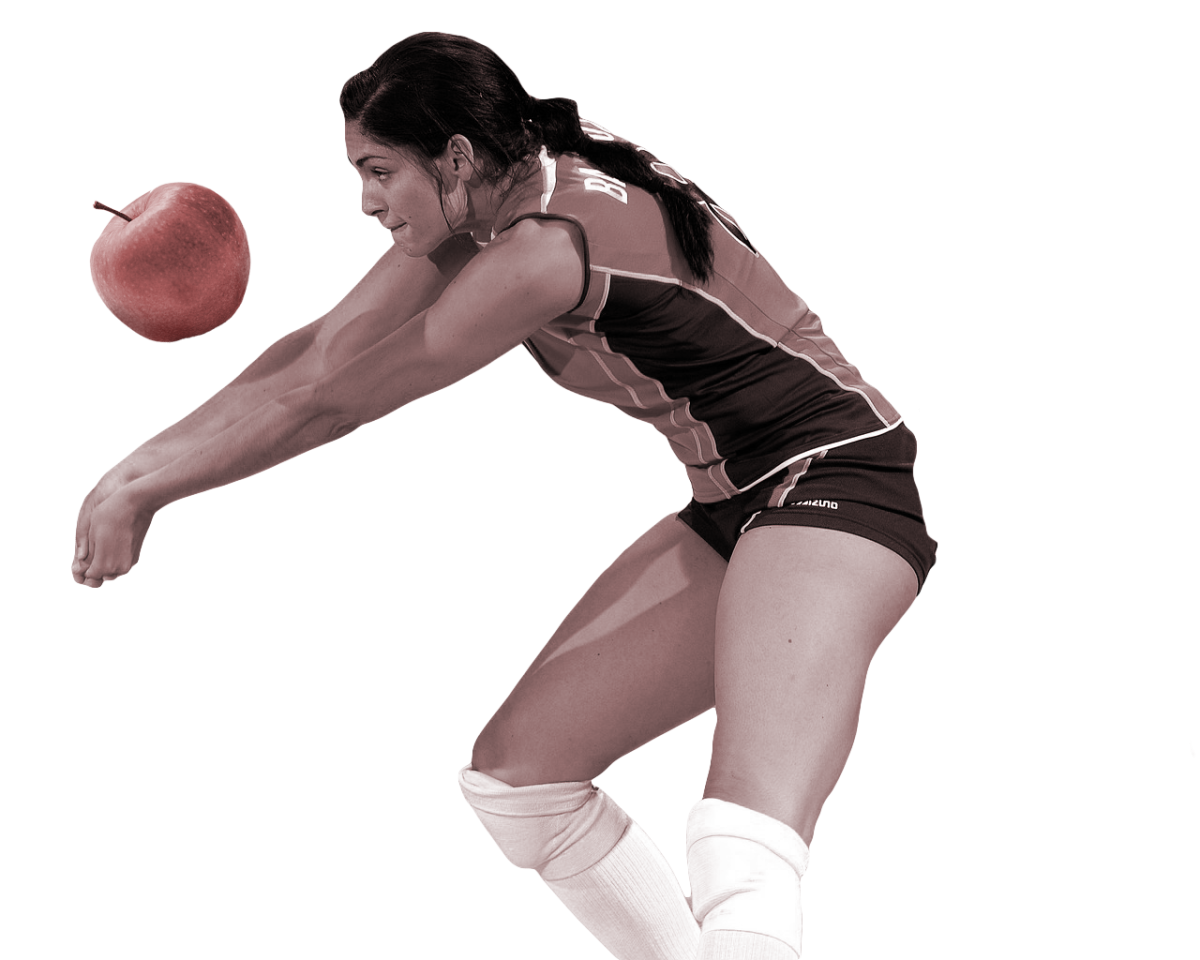Though school has just started, many of you are probably already running on little or no sleep. To help you keep your sleep habits healthy, we’re going to dispel some common misconceptions about practices that can help you sleep better.
1. If you feel relaxed while you’re lying in bed, but you just can’t seem to sleep, don’t get out of bed. You’re better off staying in your bed until you can actually get to sleep. Try counting backwards from 300 by 3’s to get yourself good and drowsy.
2. If you can’t get to sleep and you’re feeling anxious, then you’re better off getting out of bed. But don’t try to tire yourself out by working on a project or checking social media. Pick a relatively unexciting, unstimulating activity to help your mind wind down. Try reading a book or exercising a bit before you get back into bed (if you decide to read, avoid reading off of e-readers; the light may hinder your ability to sleep well).
3. Going to bed too early may actually hinder your body’s ability to get a good night’s sleep. Staying up late signals to your body that you need more sleep, which causes you to fall asleep more quickly. Count back six or seven hours from your wake-up time to find out what time you should be falling asleep.
4. You may not need eight hours of sleep a night. Everyone’s sleep needs are different; you may need anywhere from 6-9 hours of sleep a night. If eight hours of sleep leaves you insufficiently rested for the day ahead, you may need to adjust your sleep schedule.
5. Don’t expect to conk out immediately just because you’re tired. It’s beneficial to have a wind-down period before you go to sleep. Over the course of an hour, spend 20 minutes finishing your last to-do items of the day, 20 minutes doing things like showering and brushing your teeth, and 20 minutes doing something relaxing so you’re ready to slip into bed.
6. Alcohol won’t help you sleep better. Though the alcohol might make you drowsy initially, it can actually prevent you from being able to sleep through the night/being able to enter REM sleep (deep sleep).
7. Don’t sleep in on the weekends in an attempt to recuperate from the weekdays. You’ll experience more jet-lag like symptoms the more your weekend and weekday sleep schedules differ. It’s better to take short naps during the day than to sleep in.
8. Inducing a food coma isn’t the best way to help yourself sleep well. Try to have dinner at least a few hours before you go to sleep, and avoid having heavy foods for dinner.
Follow these tips and soon enough, you’ll be sleeping like a baby! Remember, caffeine isn’t a substitute for actual sleep! Good luck!





























